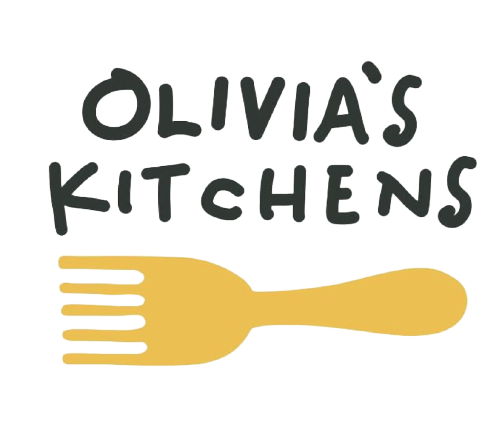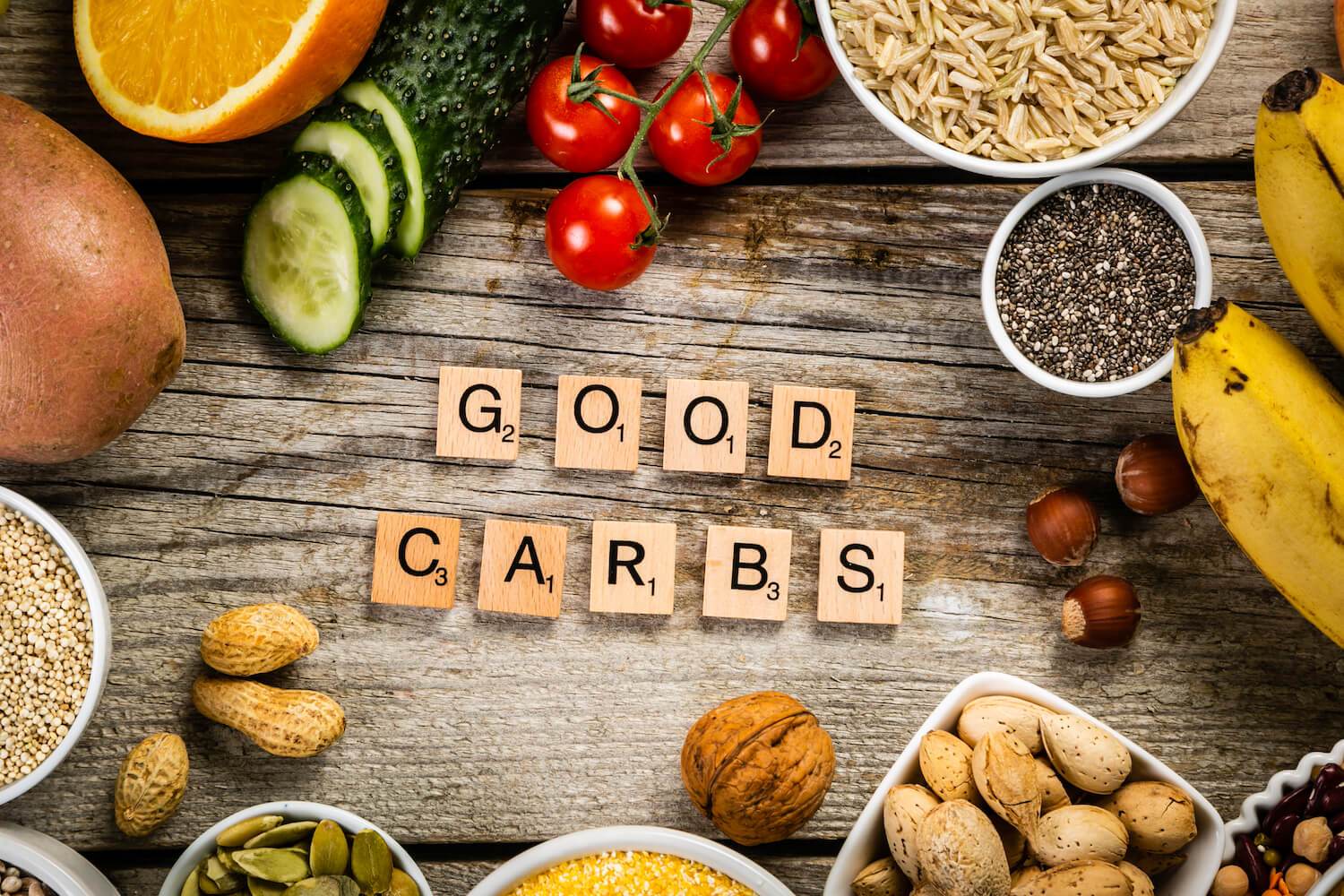Carbohydrates are an essential energy source and needed in any diet if you want to maintain good health. The human body converts carbs into glycogen (or sugar in non-scientific terms), which in turn supplies the energy needed for normal bodily function.
Natural, unrefined complex carbohydrates, such as fruit, starchy vegetables, beans, and whole grains are the best types of carbohydrates to eat. They are often referred to as ‘good’ carbs. On the other hand, refined, processed simple carbohydrates such as white bread or breakfast cereals tend to be known as ‘bad carbs’ due to their lacking nutritional value.
Making the mistake of removing all carbohydrates from your diet will leave you feeling fatigued with low energy.
It can limit your exercise capabilities and likely cause nutrient deficiencies over time. You need carbohydrates in your diet to stay fit and healthy. But, it’s best to stick with ‘good’ carbs rather than ‘bad carbs’ if you want to benefit from the most vitamins and minerals.
Good Carbohydrates
Good carbohydrates are known as polysaccharides, which in basic terms means that they contain three or more glucose molecules. Such carbohydrates are generally high in fiber and starch. Meaning, they will take longer for your body to digest. But they also contain many important vitamins, minerals, prebiotics, and antioxidants that you need to thrive. The slow release of energy that good carbohydrates offer can help to regulate your appetite and maintain steady blood sugar. Which in turn, will allow you to stay feeling fuller for longer.
Bad Carbohydrates
Bad carbohydrates are known as monosaccharides and disaccharides, which essentially means that they have no more than one or two sugar molecules. Foods containing high levels of bad carbohydrates usually have naturally occurring or added sugars. They tend to be digested quickly by the body. Things like fruit juices, dairy, white flour, white rice, and sugar are classed as bad carbohydrates. Although a limited number of these foods do provide some nutrients (such as the protein found in dairy products), it’s far more common for bad carbohydrates to lack essential nutrients like fiber. Some bad carbohydrates like white bread or pasta start out as whole grains (or good carbohydrates), but through invasive processing methods, a portion of the whole grain is removed. This subsequently strips the food of fiber, vitamins, minerals, and antioxidants.
Good Carbohydrates To Add To Your Daily Diet
Here are some examples of good carbohydrates worth adding to your daily diet:
- Beans and legumes
- Nuts and seeds
- Sweet potatoes (ideally with the skin left on)
- Vegetables
- Whole fruits (ideally with the skin left on)
- Whole grains such as oats and barley
- Quinoa and brown rice
- Whole grain bread and pasta
Understanding the main difference between good carbohydrates and bad carbohydrates can help you to make the right choices at the dinner table. If you want to benefit from more fiber, vitamins, minerals, and antioxidants, then opt for good carbohydrates whenever possible! Just don’t make the mistake of cutting out carbs altogether.






